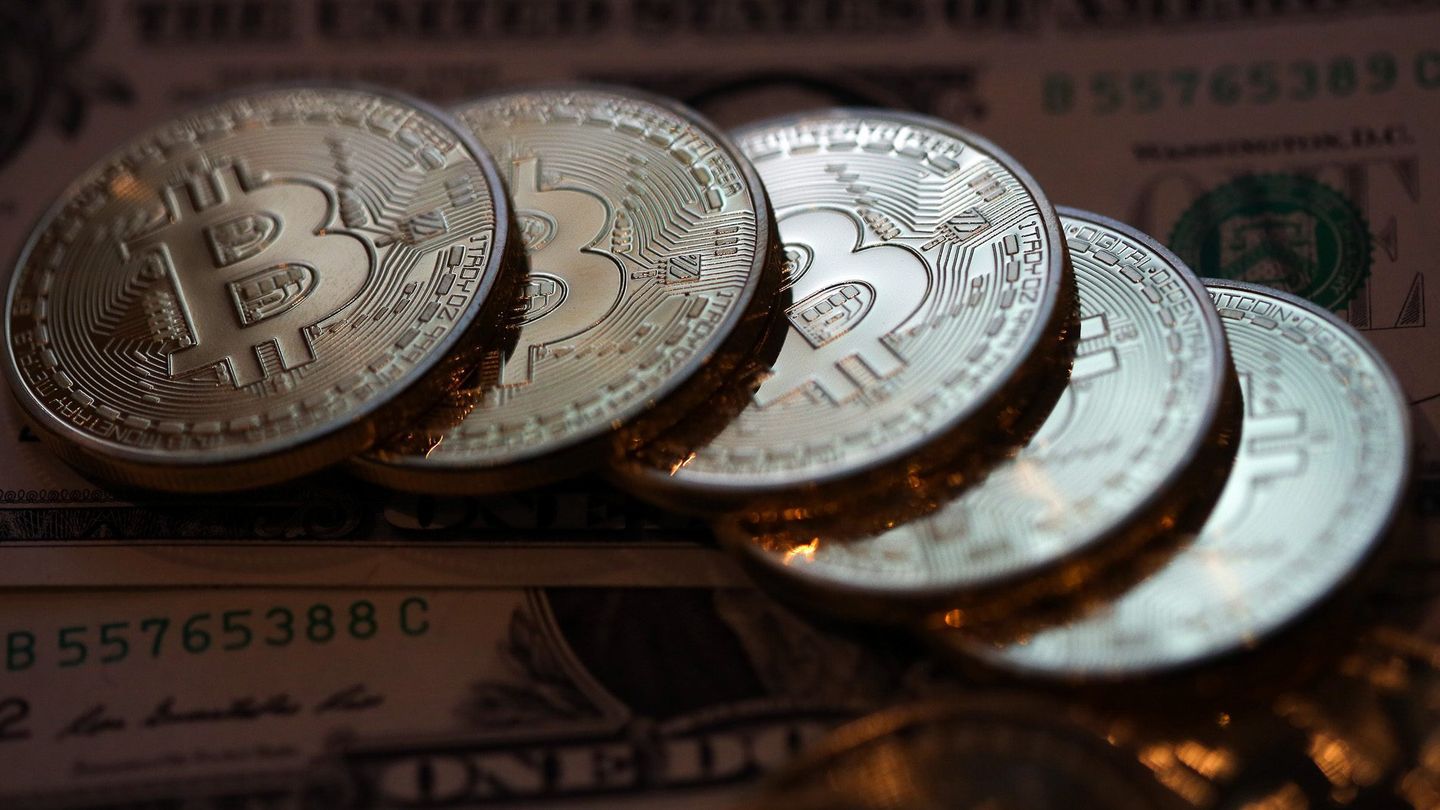

Words: Joseph Bullmore
The world of crypto-currencies is nothing if not cryptic. Blockchain, ledgers, mining, Merkle trees, proof-of-work, Byzantine Fault Tolerance – by its very nature, the entire system is cloaked in confusing terminology and obfuscating innovation.
And very often crypto-currency advocates use this to their advantage, inventing jargon-heavy products and flashy schemes that separate fools from their money. At its worst, the accoutrements of the crypto-currency world amount to little more than a Ponzi-scheme tacked on to a phishing scam. At their best, they are truly innovative products that will transform the future of payment, banking, and investment for the better.
The ICO, or Initial Coin Offering, is the latest in a long line of disruptive crypto-currency innovations. But what is it, and can it live up to the hype?
Simply put, an ICO is a means of crowdfunding via use of a cryptocurrency, and a way for a start ups to gain capital without giving away equity. Most often, it is where coins in a new cryptocurrency venture are offered in exchange for hard cash,or sometimes other crypto-currencies, like Bitcoin. Where an IPO gives away equity for money, an ICO gives away coins.
The basic model for an ICO follows the general process of a traditional crowdfunding campaign. When a cryptocurrency startup firm wants to raise money to launch or expand their new currency, it creates a “whitepaper” plan which describes the project, the needs it will fulfill, the specific processes behind how it works, and how much money is needed to complete the venture. It will also outline how long the campaign will run for, and what type of money – whether fiat currency or crypto-currency – is accepted.
As in normal crowdfunding, If the money raised does not meet the minimum funds required by the firm, the money is returned to the backers and the ICO is deemed unsuccessful.
In short, a successful ICO is one that meets its target, and then represents a good return on investment for early backers.
The smart contracts platform known as Ethereum fulfilled both of these objectives, and then some. The Ethereum project was first announced in 2014, and quickly raised $18 million in Bitcoins, or around $0.40 per Ether, the platform’s coin token.
The project went live in 2015, and by 2016 the Ether coin value had soared to a high of around $14, with a market capitalisation of well over a billion dollars.
Though the ICO does threaten the market utility of traditional Venture Capitalists, several members of the VC cabal have broken rank and advocated for coin offerings. Fred Wilson at Union Square Ventures and Tim Draper at Draper Fisher Jurvetson have been very public in their support for the innovative system.
Draper has recently participated for the first time in an ICO, buying into the digital currency Tezos, a blockchain platform, as part of a $232 million fundraising round.,
Wilson, meanwhile, has advocated for the system’s disruptive possibilities. “Contrary to the hype machine working on ICOs right now, they are not simply a funding mechanism. They are about an entirely different business model,” the VC wrote in blog post over the summer. “So, while ICOs represent a new and exciting way to build (and finance) a tech company, and are a legitimate disruptive threat to the venture capital business, they are not something I am nervous about.”,
Other traditional investors behind the system include Chris Dixon at the VC titan Andreessen Horowitz, along with entrepreneur David Sacks. “Any startup that can ICO will ICO (barring a regulatory intervention)”, Sacks recently predicted on Twitter.
Despite the numerous success stories and various advocates, ICOs are fraught with controversies and dubious practices. For every Ethereum, there are 10 ICOs that have never come to fruition, and have amounted to little more than internet scams. Unlike IPOs or traditional fund raises, ICOs are not governed by any financial authorities such as the US’ Security Exchange Commission. Because of this, funds lost through fraudulent raises are very hard to recoup. More to the point, the fantastical valuations and high-profile success stories (such as Ethereum, which made many low-level investors essentially dollar billionaires almost overnight) ICOs tend to attract amateur investors who may not have the training or resources to spot and withstand a fraudulent fund raise.
As such, ICOs are not without their detractors. Wikipedia founder Jimmy Wales has recently warned internet entrepreneurs of the danger of these glittering sales: “There are a lot of these initial coin offerings which in my opinion are absolute scams” he said. “People should be very wary of things that are going on in that area.”,
In September 2017 this controversy played out on a national level. The behemothic People’s Bank of China officially banned ICOs in the country, after ruling that fundraising of this kind could be disruptive to economic and financial stability. The central bank banned all tokens from being used as an open currency in the Chinese market, and ruled that banks could not offer services pertaining to ICOs. As a result, the valuations of both Bitcoin and ethereum tumbled, as investors feared a new series of international and national-level regulations around crypto-currencies.


